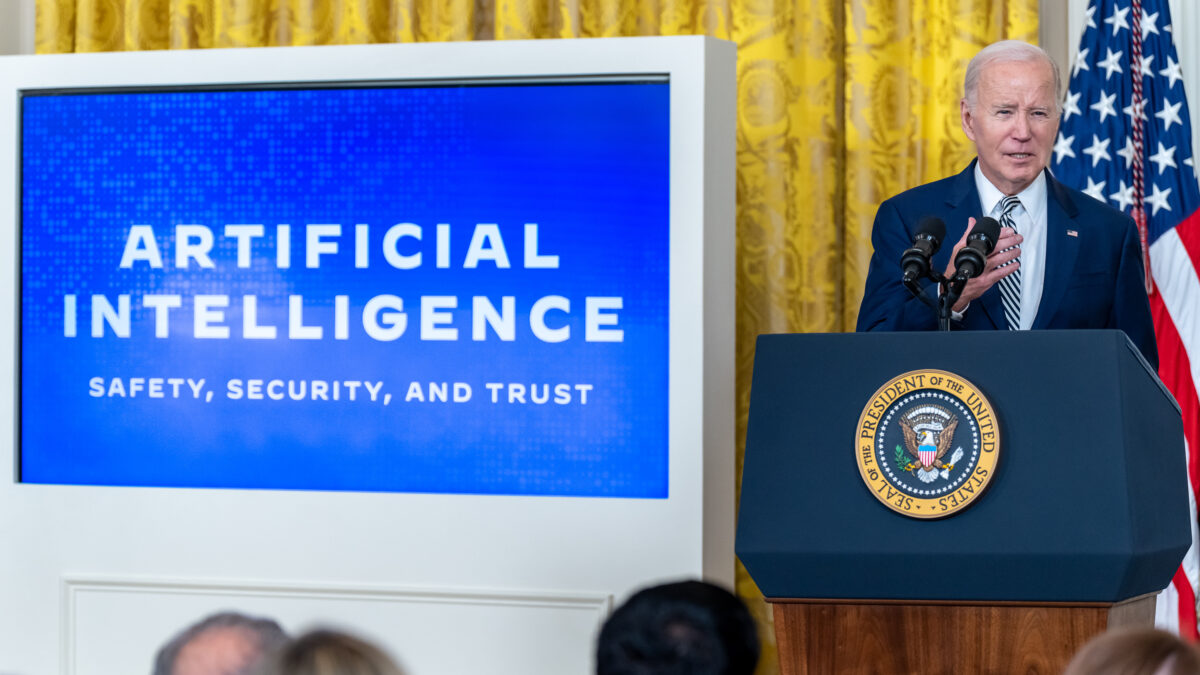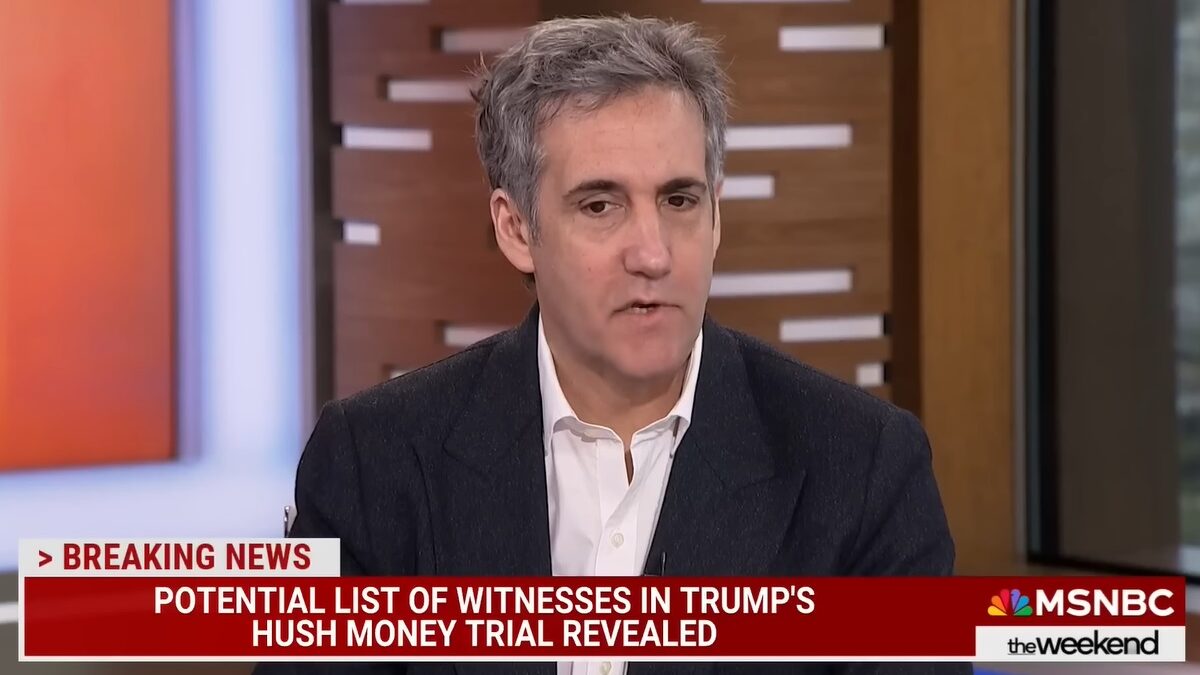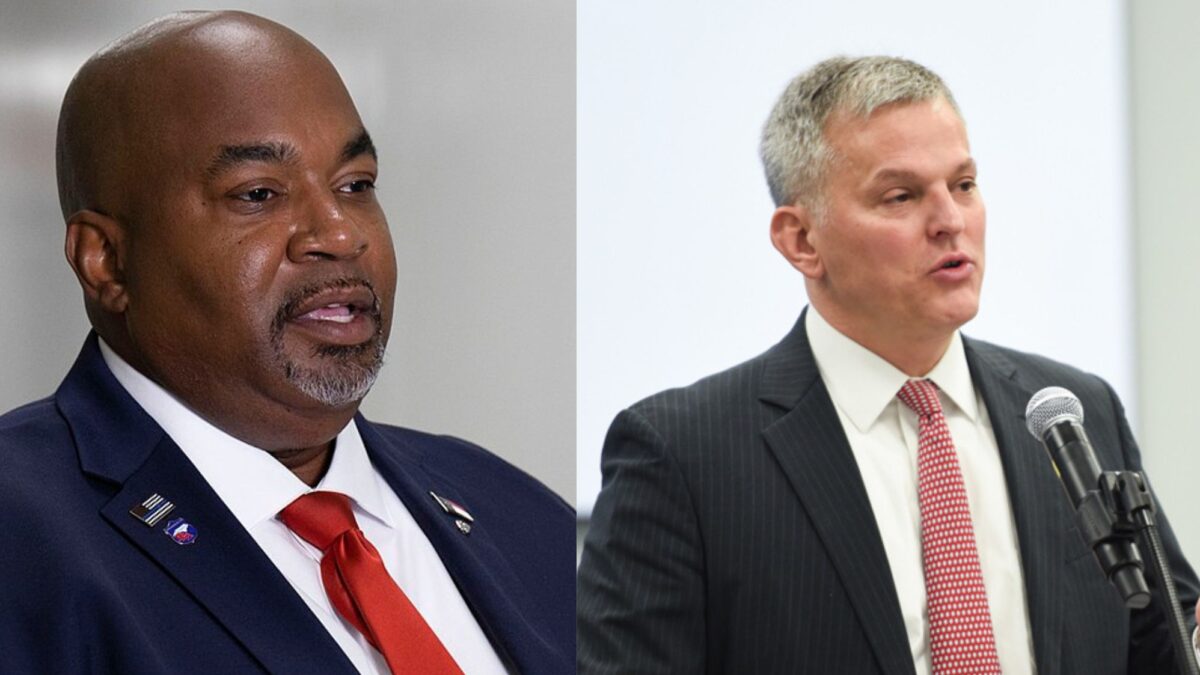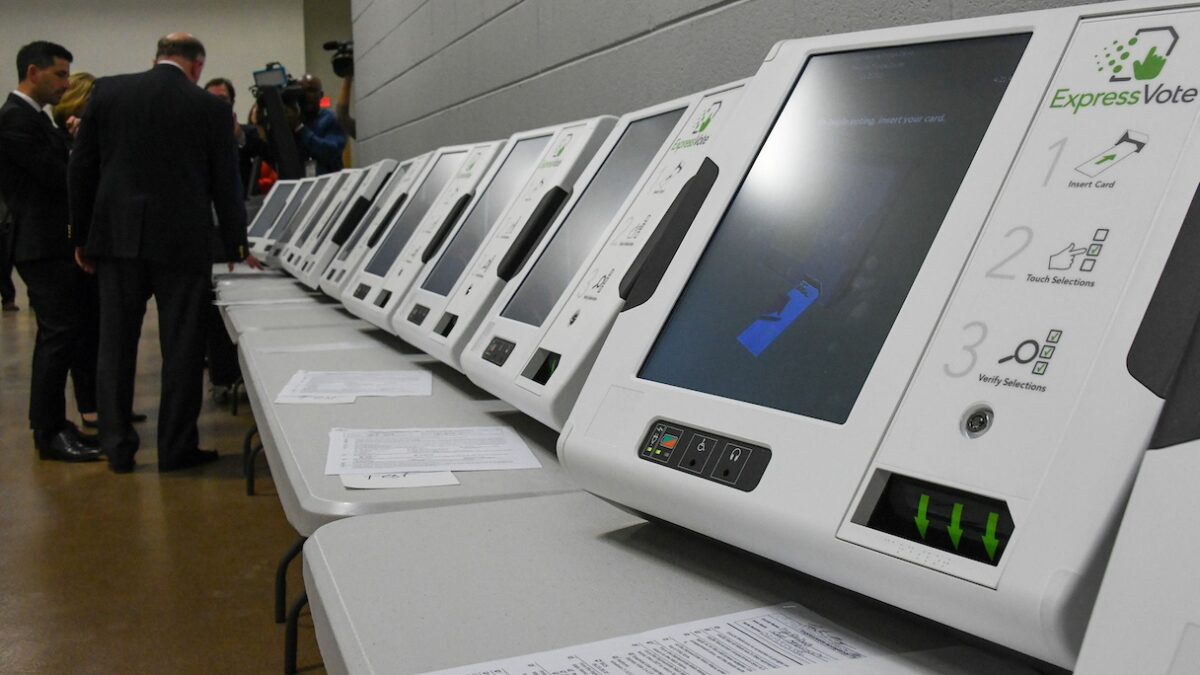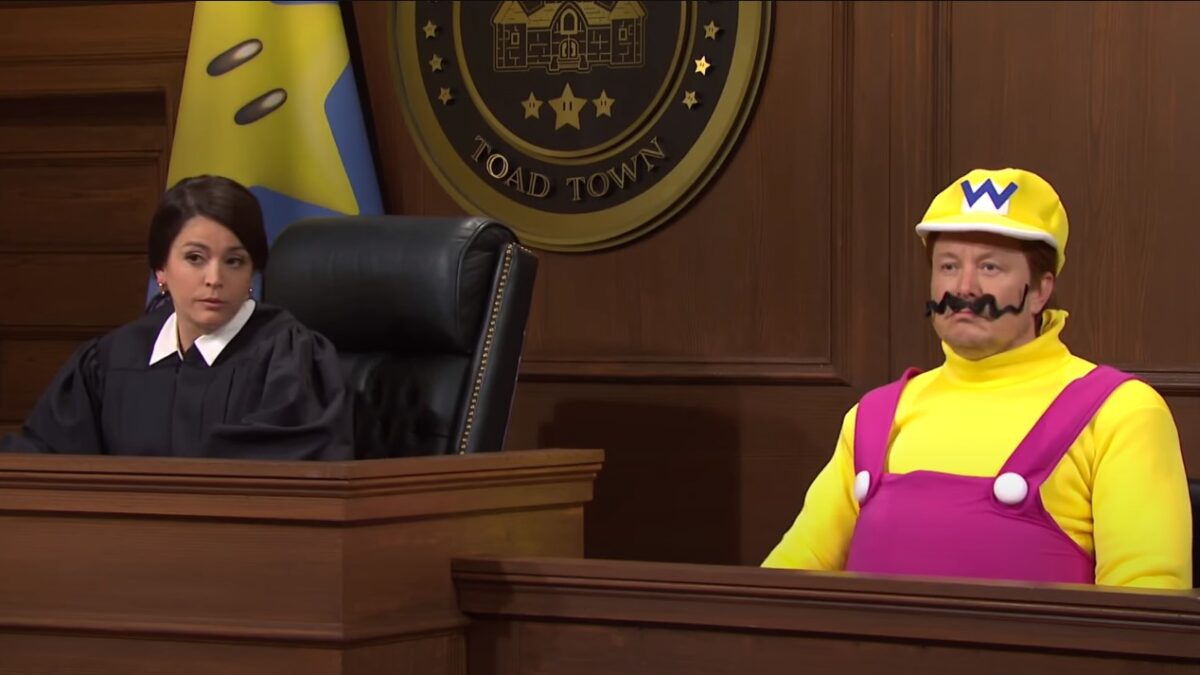
It’s time to acknowledge that Twitter is not improving in any significant way under Elon Musk. Despite the CEO’s alleged commitment to freedom of speech and his flirtation with center-right circles online, the platform’s algorithm routinely clamps down on politically and culturally conservative individuals, preventing users from reaching their existing audience or gaining potential new followers.
Perhaps Musk ought to temporarily take the platform offline while devs rework the algorithm into something more, for lack of a better term, equitable that doesn’t include visibility filters and niceness factors or boosts corresponding to the number of exclamation points used. But what are the odds this could even be achieved? Despite being the owner and CEO of Twitter, Musk does not run the company.
Immediately following Musk’s acquisition of Twitter, I noted, in these pages, that the individuals composing the managerial elite — the over-credentialed, entrenched midwits who run every major institution in the country, the Yoel Roths and Ella Irwins — are still a dominant force in American civic life and Musk’s acquisition of Twitter wouldn’t change that. Rather, it couldn’t change that.
In the early 1940s, James Burnham published The Managerial Revolution, in which he observed Western society was moving away from a traditional capitalist system, in the interwar period, to one more reliant upon engineers, scientists, technocrats, and other credentialed intermediaries who act as regulatory agents to direct production. Burnham characterized this demographic as having subject matter expertise due to attaining merit-based credentials through graduating high school and participating in higher education.
Burnham argued that this new managerial class was becoming more and more powerful and would soon replace farmers, business owners, and entrepreneurs as the dominant economic class in society. He also forecasted that this group would become increasingly aspirational and seek to attain political power, which it would use to govern as unaccountable authoritarians because they had the skills to navigate the complex systems of government.
Years later, toward the end of the 20th century, noticing Burnham’s prediction had come true, paleoconservatives would echo his concerns — Pat Buchanan’s speech at the 1992 Republican Convention is one such example. They argued the managerial elite were unaccountable and did not share the priorities of the rest of the nation, and in the process of entrenching themselves in positions of power in business and government, they had displaced the traditional elite who were properly philosophically oriented.
This phenomenon, originally written about by Burnham over eight decades ago, has only spiraled further out of control.
Think of the “Twitter Files,” Hamilton 68, the Russia-collusion hoax, the Hunter Biden laptop scandal, and how desperately the government and its allies in the corporate media still try to gaslight the public about Jan. 6, 2021. These events changed the course of American history and irreversibly damaged the reputability of many public institutions, and for each to occur, they relied upon a compliant managerial elite.
The managerial elite intersects with all levels of government and corporate America. These are the people who actually run the country; they control the flow of information, material goods, and financial resources for everyone, and they are extremely ideologically motivated.
Even after massive layoffs and open-sourcing the algorithm, things still go awry. If fixing Twitter solely required writing lines of code, it’s reasonable to believe Musk could assemble the personnel to accomplish that task.
Is it really that hard to believe the managerial elite might be trying to sabotage the Dogecoin guy?


